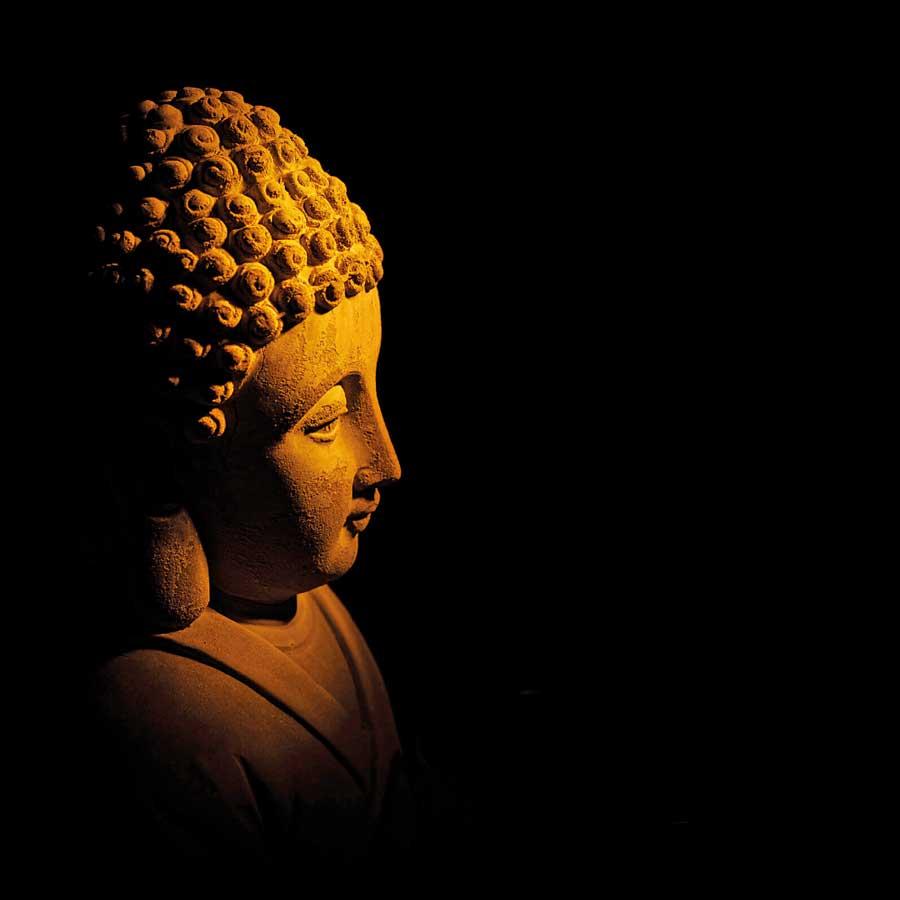Reply To:
Name - Reply Comment

The virtue of Muditā is generally seen in the context of close relationships such as parents and children, teachers and pupils
There are four sterling qualities or attitudes, which are collectively called in paliasbrahma viharas in Buddhism. They are (a) Loving-kindness or universal love (metta) (b) Compassion (Karuna) (c) Sympathetic joy or appreciative joy (Muditā) (d) Equanimity (upekka). Brahma viharas as positive virtues can also be taken as subjects of meditation.
They are (a) Loving-kindness or universal love (metta) (b) Compassion (Karuna) (c) Sympathetic joy or appreciative joy (Muditā) (d) Equanimity (upekka). Brahma viharas as positive virtues can also be taken as subjects of meditation.
The word brahma has been interpreted to mean excellent, lofty, sublime or noble, and vihara as states of living. Brahma Vihara therefore means sublime states and some call it divine states or divine abodes. These four attitudes are said to be excellent or sublime because they are the right or ideal way of conduct to be directed towards all living beings. They provide the answer to all situations arising from social contact, and is the most conducive to noble living. They level social barriers, build harmonious communities, promote altruism, unity and brotherhood.
The four states of mind; love, compassion, sympathetic joy and equanimity are also known as the boundless states (appamannyo) as they are virtues extended to all beings without exception regardless of their caste, race, colour and creed and is not narrowed by any limitations as to the range of beings towards whom they are extended to. In other words, they are non exclusive and impartial and is not bound by selective preferences or prejudices. A mind that has reached that state of boundlessness will not harbour any national, racial, religious or class hatred. One who assiduously cultivates these four positive attitudes by conduct and meditation is said to become an equal of brahma. These divine states assist mankind to overcome their negative emotions, such as anger, fear and delusion. Further, when these positive qualities become the dominant influence in a person’s mind, it is said he will be reborn in a congenial world after his death. The four sublime states are interrelated and interdependent.
Muditā is the third sublime virtue. Muditā is usually translated as “sympathetic” joy or “altruistic” or vicarious joy, which is the pleasure that comes from delighting in another person’s well-being. Hence, Muditā as a subject of mediation is used to cultivate appreciative joy at the success and good fortune of others.
There are many “enemies” of Muditā which are mental tendencies that make it very difficult to practice Muditā. The primary obstacles are envy and greed
Lord Buddha declared “Here, Monks, a disciple dwells pervading one direction with his hearts filled with sympathetic joy, likewise the second, the third and the fourth direction; so above, below and around; he dwells pervading the entire world everywhere and equally with his heart filled with sympathetic joy, abundant, grown great, measureless, free from enmity and fee from distress” (Deega Nikaya).
Muditā is traditionally regarded as the most difficult of the four immeasurables (Braham vihara or four sublime attitudes) to cultivate. It can mean to exult in happiness and achievements of others even when we are facing tragedy ourselves.
Not only is practicing mudita beneficial to our individual well-being, it is also beneficial for the entire society.
There are many “enemies” of Muditā which are mental tendencies that make it very difficult to practice Muditā. The primary obstacles are envy and greed.
Envy can be described as a negative emotional state in the face of another’s fortune. It is our inability to be happy for someone else’s good fortune. Muditā is the opposite of envy. Known as the green-eyed monster, envy, is made up of feelings of pain when we notice the possessions, good qualities or achievements of others. They seem painful to us, because they remind us too strongly of our own deficiencies as we see them we wish we had those things ourselves, so it is a form of craving. It is an emotion and one that, according to philosopher Bertrand Russell is among the most potent causes of unhappiness.
When envy is present, we cannot endure the happiness of others. Very often some cannot bear to see or hear the successful achievements of others. They rejoice over their failures but cannot tolerate their successes. Instead of praising and congratulating the successful, they try to ruin, condemn and vilify them. In a way Muditā contributes more to the happiness of the person who practices it than to others to whom it is extended to as it tends to eradicate jealousy within the person who practices it.
Jealous behavior can be very destructive within a relationship. If left unchecked, jealously can lead to distrust, controlling behaviour and emotional or physical abuse. No one will admit being jealous, but every worlding has felt it at some point in life. Genuine joy in the prosperity and achievements of others is a rare quality. The virtue of Muditā is generally seen in the context of close relationships such as parents and children, teachers and pupils. Parents generally feel joy over the success of their children without any form of jealousy. So, do teachers in the successes of their pupils. Therefore, it may be an easy virtue to practice within the narrow circles of one’s family. To practice the same virtue towards extended social circles and society at large may require a tremendous amount of effort and will power. Sometimes rivalry and jealousy can be seen even among siblings. Undeniably, jealousy is an emotion that is embedded in human nature.
When something good happens to someone on the surface, one may feel happy for him. But internally, there can be a twinge of jealousy. This is the common human response.
Greed is a burning desire, unquenchable thirst, a craving and lust. People who are greedy want the objects of their desire to provide them with lasting satisfaction so they feel fulfilled, whole, and complete. Greed creates an inner hunger, so that that they always seem to be striving towards an unattainable goal. They mistakenly believe their happiness is dependent upon that goal, but once they attain it they get no lasting satisfaction. Greed is all encompassing as it includes defilements relating to money, yearning lust and food and the inability to let go of things easily, and our desire to have more than others.
Methodical meditative practice of Muditā will help love, compassion, joy and equanimity to become spontaneous. It will make mind firmer collected and calmer despite the numerous irritations and problems in life.
Practical conduct governed by sublime states, (Muditā) will harbour less resentment, tension and irritability.